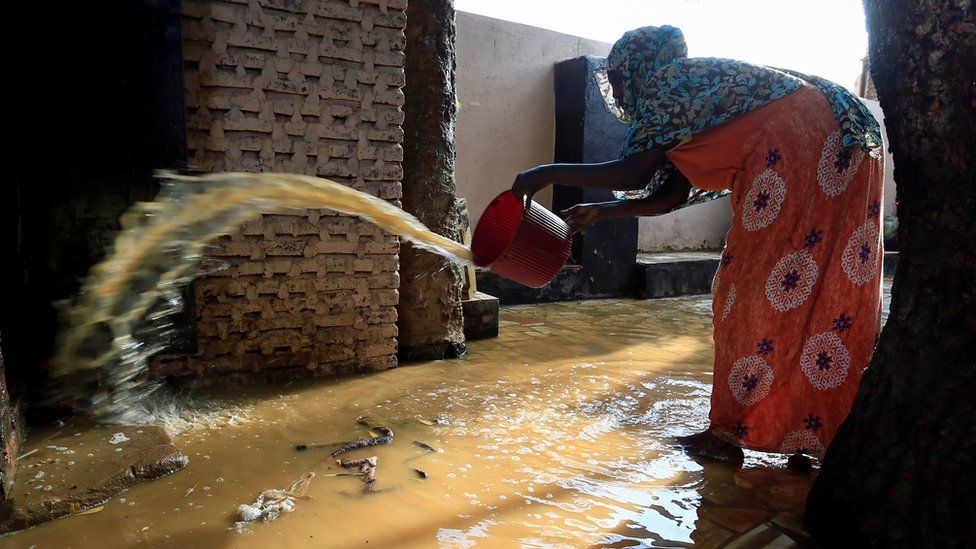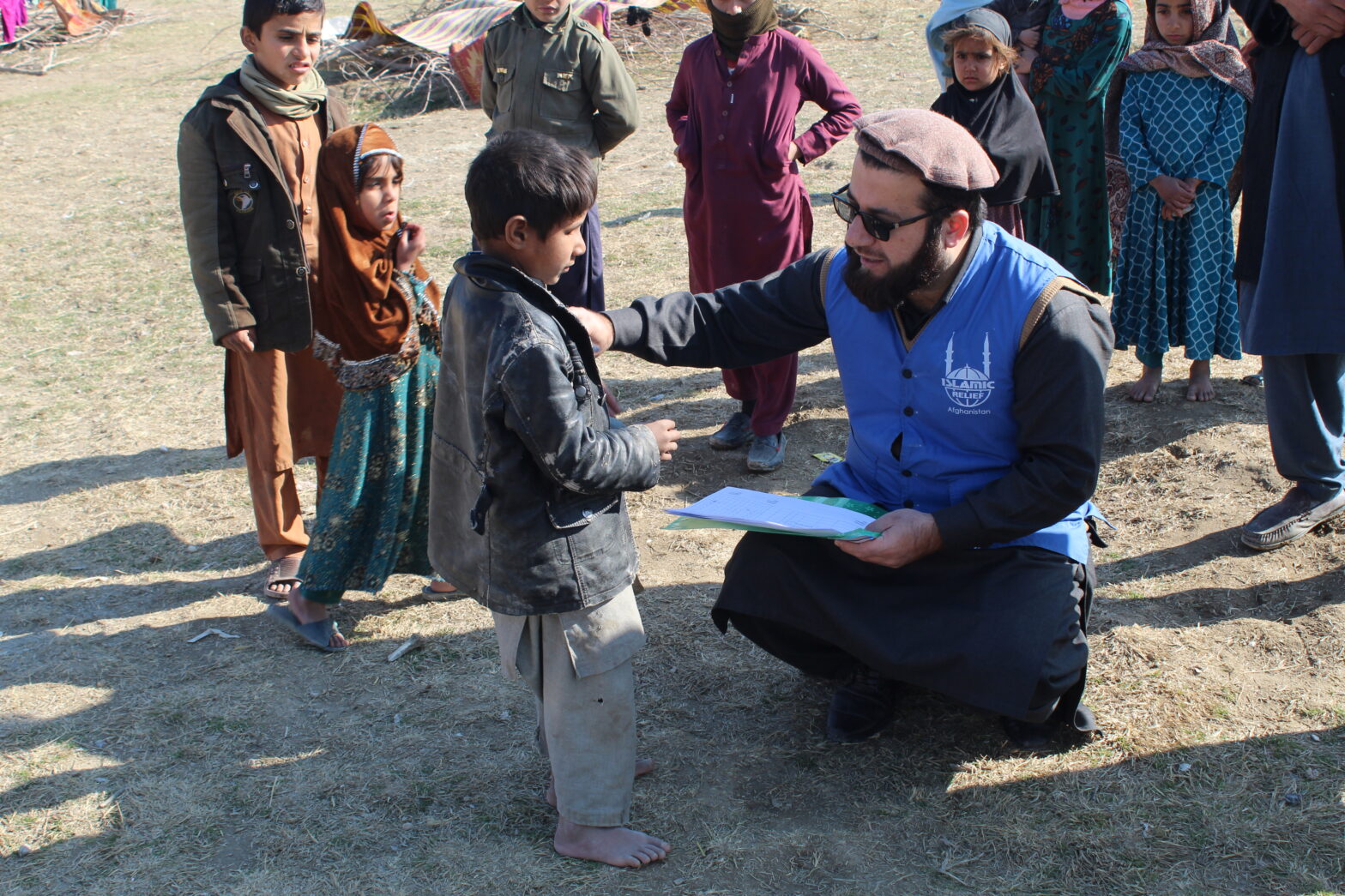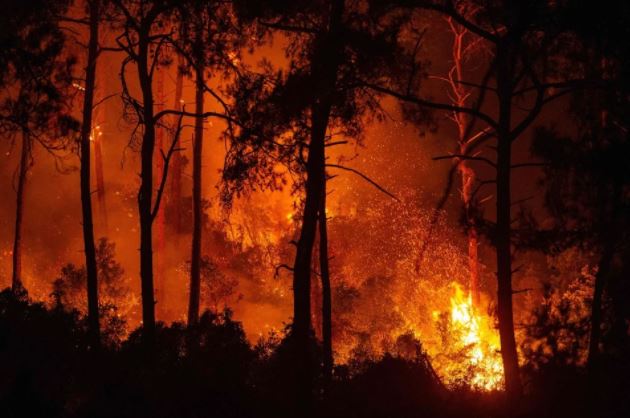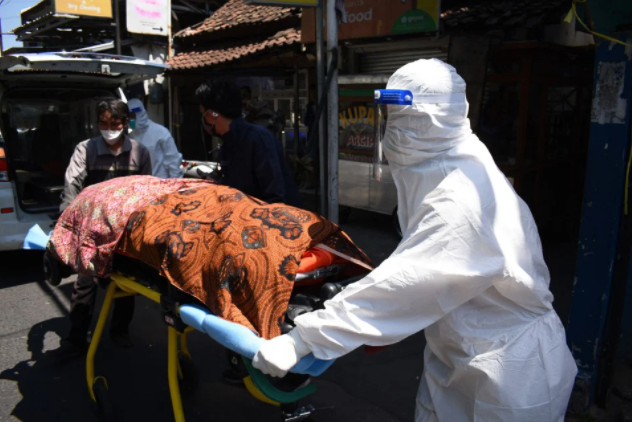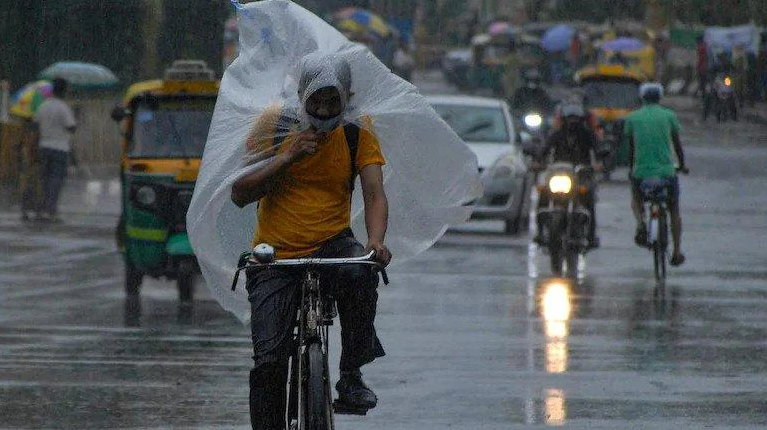MAHARASHTRA, 27 Julai 2021 – Seramai 251 orang terkorban manakala 50 lagi cedera dalam insiden banjir dan tanah runtuh yang melanda kawasan barat Maharashtra, India ekoran taburan hujan lebat sejak 22 Julai lalu.
Lapan orang pesakit Covid-19 di hospital bandar Chiplun, Ratnagiri juga terkorban berikutan air banjir sudah memasuki kawasan itu.
Sepuluh daerah yang dilaporkan terjejas teruk melibatkan kawasan Kolhapur, Raigad, Sangli, Satara, Ratnagiri, Thane, Mumbai Suburban, Sindhudurg, Pune, Wardha.
Seramai 229,074 orang telah dipindahkan ke lokasi yang lebih selamat.
Sebanyak 253 pusat bantuan telah diwujudkan di Kolhapur dan enam lagi di Ratnagiri bagi menempatkan 7,832 orang penduduk terjejas.
Setakat ini, 3,284 haiwan terkorban di kawasan terlibat manakala di daerah Sangli sahaja, 17,300 haiwan ternakan dilaporkan turut mengalami nasib yang sama.
Kerja-kerja menyelamat dan aktiviti penyaluran bantuan telah dilaksanakan oleh Unit Kawalan Pantai, Tentera Laut dan Darat India.
Mereka banyak tertumpu di kawasan Ratnagiri dan Raigad manakala pasukan Tentera Udara India pula tertumpu di Chiplun Ratnagiri.
Kerajaan pusat dan kawasan setempat telah mengambil langkah drastik dengan mengarahkan 34 pasukan ‘National Disaster Response Force’ (NDRF) dan empat pasukan ‘State Disaster Response Force’ (SDRF) untuk membantu penduduk terjejas.
Perdana Menteri India, Narendra Modi mengumumkan bantuan pampasan lebih RM11,000 akan diberikan kepada keluarga individu yang terkorban manakala pampasan untuk penduduk cedera pula sebanyak lebih RM2,800 seorang.
Islamic Relief India kini sedang memantau keadaan semasa dan sentiasa bersiap siaga untuk membantu penduduk terjejas.



